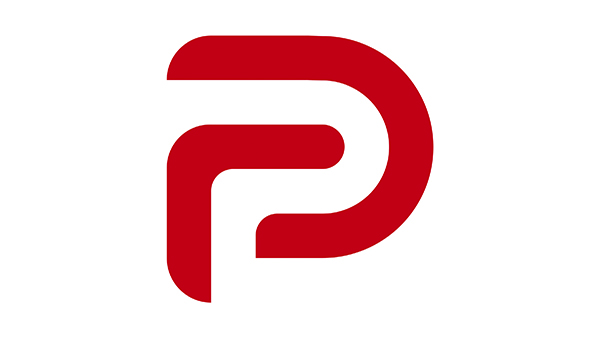A new social media platform, Parler, has recently gained popularity in light of controversies over content moderation and fact-checking on social media sites like Twitter and Facebook.
Launched in 2018, Parler has a smaller user base than most social platforms, but the app saw a surge following the November 2020 presidential election, according to tracking by Sensor Tower. It currently has more than 10 million accounts.
The Ethics & Religious Liberty Commission recently posted a blog explaining Parler and it’s relevance to public discourse.
What is Parler?
Named after the French word meaning to speak, Parler is a microblogging social service where users are encouraged to share articles, thoughts, videos and more. TAB Media partner Dogwood Media Solutions in a blog post likened the platform to Twitter in its design.
Parler states that “people are entitled to security, privacy and freedom of expression.” Currently, the platform does not have advertisers on it, but they have plans to allow advertisers to target influencers instead of regular users.
Posts on the platform are called “parleys,” and the feed is broken up into two sections, namely parleys and affiliate content, which functions like a news feed of content providers for the platforms.
To share content from someone else, a user can “echo” a certain post or piece of content. The company claims that it does not censor speech or content.
Too much freedom?
Relying on users to moderate or curate their own feeds, Parler seeks to abdicate itself of any responsibility of what is posted on the platform.
The Washington Post reports that Parler does not currently have a robust system for detecting child pornography before it is viewed or potentially flagged and reported by users. A company spokesman has said, “If somebody does something illegal, we’re relying on the reporting system. We’re not hunting.”
Parler originally banned pornography on the platform but in recent months changed its content moderation policies to allow for pornography on the platform, as does Twitter.
Facebook, Instagram and YouTube ban all pornographic imagery and videos from their platforms using automated screening tools and a reporting system.
Read more about Parler at tabonline.org/parler. (ERLC, TAB)






Share with others: